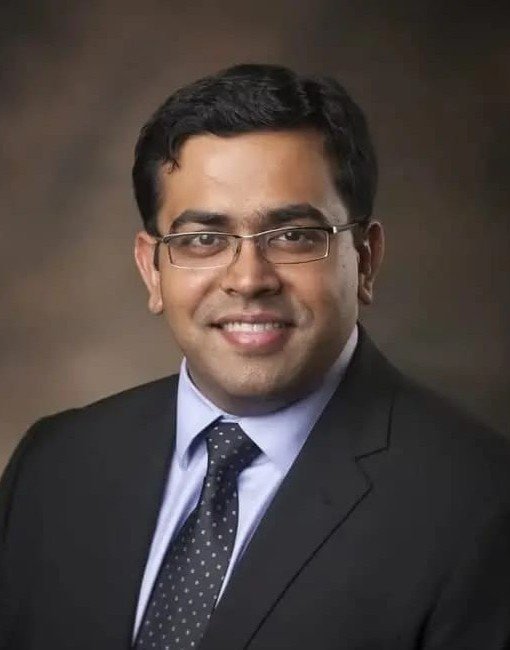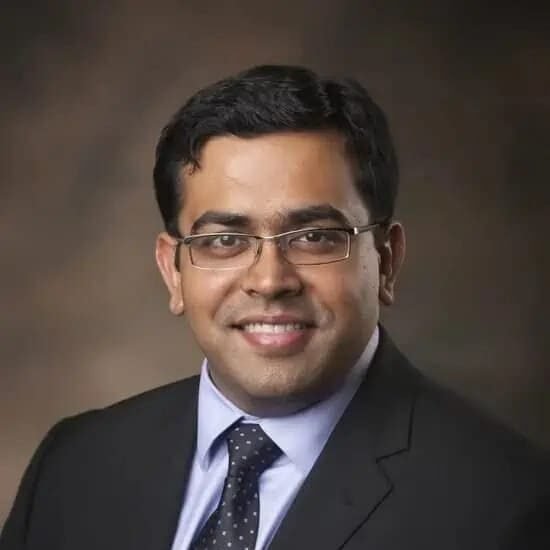A heart attack, which is formally known as a myocardial infarction, is a medical emergency in which the blood supply to a portion of the heart muscle is totally cut off. It results in damage or death of the heart muscle.
If not treated promptly, a heart attack can cause irreversible damage to the heart muscle and possibly death. If a substantial component of the heart is injured, it may stop beating, a condition known as cardiac arrest, which can be fatal.
Causes of Heart Attack:
This illness is often caused by atherosclerosis, which is the accumulation of fatty deposits, cholesterol, and other chemicals in the arteries which carry blood to the heart. Atherosclerosis can cause blood clots to develop and restrict a coronary artery, resulting in a heart attack.
These deposits are known as plaques, and can restrict the arteries and reduce the supply of blood to the heart. Eventually, these plaques may become unstable and burst. When this occurs, a blood clot develops around the ripped plaque, attempting to heal the artery.
However, this clot can become large enough to totally clog the artery, blocking blood circulation to the heart muscle. Due to the lack of oxygen and nutrients in the blood, the damaged region of the heart muscle cannot recover, and begin to die.
Blocked arteries are not the cause of all heart attacks. Other factors are:
Coronary artery spasms: This is a strong squeezing of a non-blocked blood artery. The artery typically contains cholesterol plaques or has early hardening caused by smoking or other risk factors. Other names for coronary artery spasms include Prinzmetal’s angina, vasospastic angina, and variant angina.
Several infections: COVID-19 and other viral infections can harm the cardiac muscle.
Spontaneous coronary artery dissection: This potentially fatal condition is caused by rupture in a heart artery.
Symptoms of Heart Attack:
Common symptoms of a heart attack can include:
- Chest pain or discomfort: It is commonly described as a tightening, pressing, or crushing sensation in the chest. It may persist for a few minutes or come and go.
- Other areas of pain: In addition to chest pain, some persons may feel discomfort or pain in their arms, neck, jaw, shoulder, or back.
- Shortness of breath: You can feel as if you can’t catch your breath or are breathing quickly.
- Sweating: It is possible to have profuse sweating, which is frequently accompanied by chilly, clammy skin.
- Nausea and vomiting: A number of people experience nausea and may vomit.
- Lightheadedness or dizziness: You may experience fainting or dizziness.
Women may experience uncommon symptoms such as sudden or intense pain in the neck, arm, or back. Sudden cardiac arrest might be the first indication of a heart attack.
Some heart attacks occur unexpectedly. However, many people experience symptoms or warning signals hours, days, or weeks in ahead. Chest pain or pressure (angina) that lingers despite rest could be an early warning indication. Angina is the result of a temporary reduction in the supply of blood to the heart.
It’s essential to seek immediate medical attention if you or someone you are with is experiencing symptoms of a heart attack. Timely medical care might decrease the harm done to the heart muscle and improve the chances of complete recovery.
Time is Muscle!”, so go to the hospital as soon as possible and do not delay.
Dr. Nikhil
Treatment of Heart Attack:
Medication may be used to dissolve the blood clot, open the blocked artery, and relieve pain after a heart attack. Some operations, such as angioplasty and stent placement or coronary artery bypass surgery, may be required to restore blood flow to the heart.
Preventing heart attacks begins with adopting a healthy lifestyle. It includes regular exercise, a nutritious diet, and quitting smoking. Second, identify and address risk factors such as high blood pressure, high cholesterol, and diabetes. While these risk factors may not cause
symptoms, you should consult with a healthcare expert for advice and regular check-ups.
Our expert, Dr. Nikhil P.J. Theckumparampil, has been trained at Harvard University, Ohio State University, Vanderbilt University, and Temple University. To consult with our expert cardiologist for managing heart failure and other cardiac-related issues, book an appointment with our Clinic Heart360 Care, the complete cardiac care center in Chennai!









